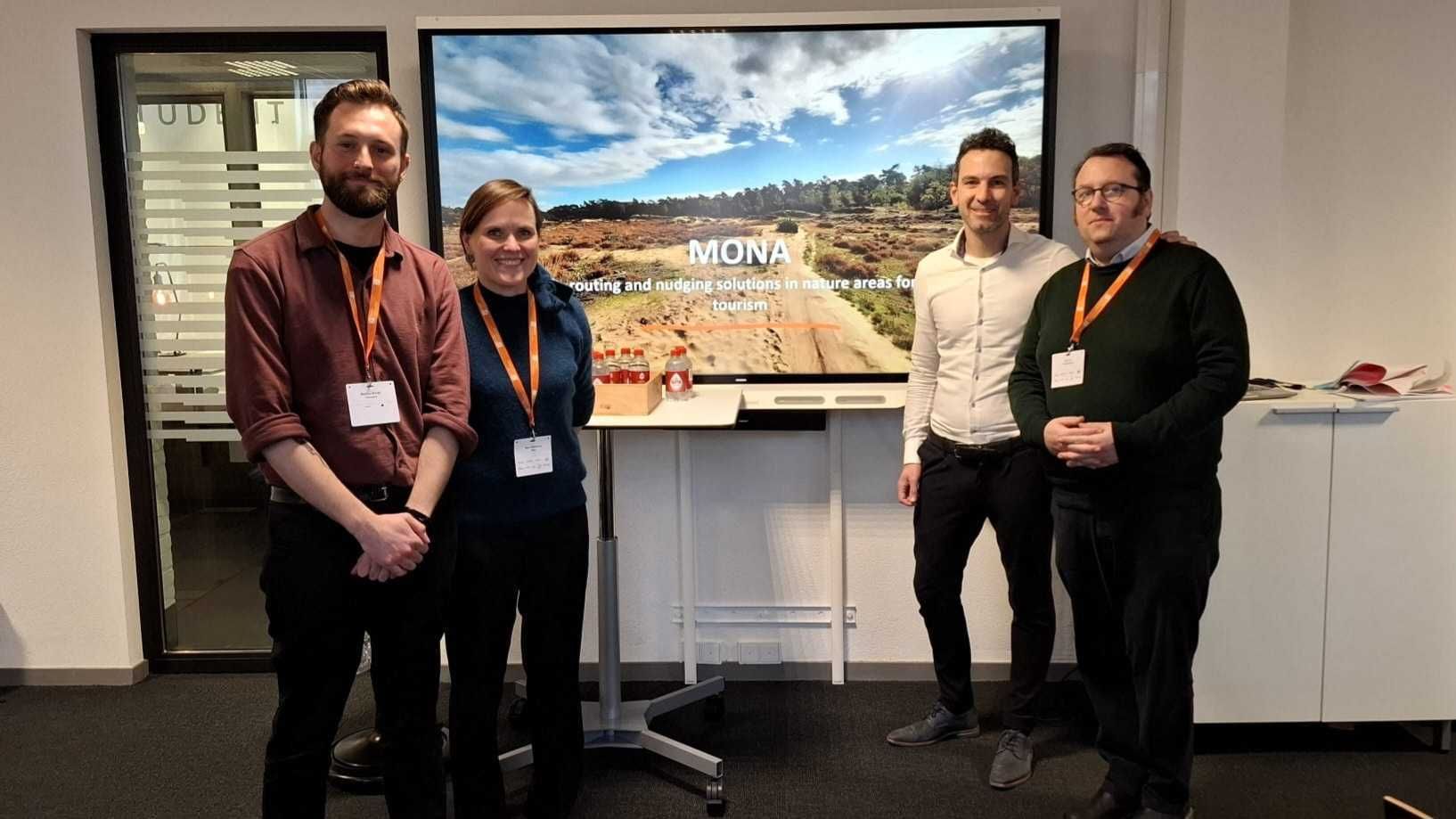A MONA workshop took place on 20 March in Breda (NL) as part of the Tourism Trend Congress, where Brabant Partners, Breda University of Applied Sciences, Grenspark Kalmthoutse Heide, and POLIS came together to discuss mobility planning in tourist destinations.
The tourism sector is undergoing a period of significant transformation. In response to global challenges such as climate change, economic shifts, and digital disruption, there is a growing need to rethink how tourism impacts communities, ecosystems, and local economies. The aim is no longer just sustainable tourism, but regenerative tourism—tourism that contributes positively to both people and the planet.
This transformation is happening within a complex global context marked by economic uncertainty, geopolitical instability, and often conflicting interests among stakeholders. Navigating these challenges calls for innovative business models and a redefined relationship between tourism, destinations, labour markets, and transport and mobility systems. This is not business as usual—it’s Business as Unusual.
On 20 March, the Tourism Trend Congress in Breda brought together stakeholders committed to this shift. A highlight of the event was a dedicated workshop from MONA, focusing on mobility planning in tourist destinations. While traditional urban mobility strategies target daily commuters, tourist mobility involves distinct patterns, expectations, and environmental impacts that require dedicated planning.

The session, led by Fabio Tat (Brabant Partners), Dr Nina Nesterova (Breda University of Applied Sciences), Mattias Van den Bergh (Grenspark Kalmthoutse Heide), and Ivo Cré (POLIS), discussed how mobility management plans can improve accessibility, reduce overcrowding, and promote low-impact travel. Drawing on insights from MONA, the session underlined the need to align tourism transport solutions with broader regional and urban mobility strategies.
"Sustainable mobility is crucial for the future of tourism. It was encouraging to see urban planners and mobility specialists collaborate on practical strategies that support local economies while minimising environmental harm." - Fabio Tat, coordinator of the MONA project
The conclusions of the workshop will be integrated into the project, helping to manage growing recreational pressures and enabling tourist destinations to remain both attractive and sustainable for future generations.